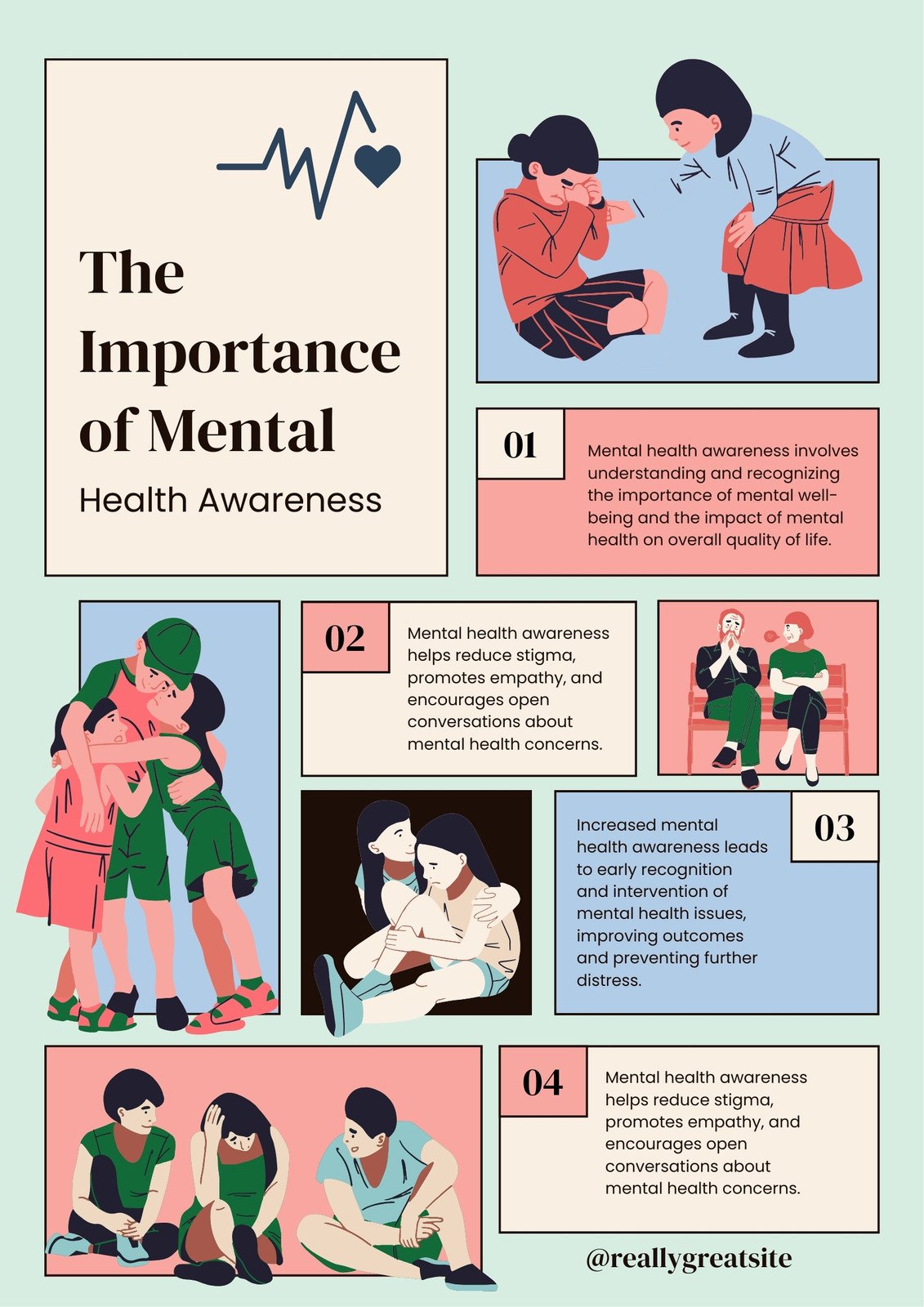Mastering Stress and Anxiety: A Comprehensive Guide to a Healthier You



- Physical symptoms: Headaches, muscle tension, fatigue
- Emotional symptoms: Irritability, restlessness, feeling overwhelmed
- Behavioral symptoms: Procrastination, social withdrawal, changes in eating habits
Symptom Category | Common Symptoms |
|---|---|
Physical | Headaches, Muscle tension, Fatigue, Digestive issues |
Emotional | Irritability, Restlessness, Feeling overwhelmed, Difficulty concentrating |
Behavioral | Procrastination, Social withdrawal, Changes in eating habits, Sleep disturbances |
Symptom Category | Common Symptoms |
|---|---|
Physical | Headaches, Muscle tension, Fatigue, Digestive issues |
Emotional | Irritability, Restlessness, Feeling overwhelmed, Difficulty concentrating |
Behavioral | Procrastination, Social withdrawal, Changes in eating habits, Sleep disturbances |

- Guided meditation: Using audio guidance to focus your attention
- Walking meditation: Paying attention to the sensations of walking
- Body scan meditation: Focusing on different parts of the body
Meditation Type | Description | Benefits |
|---|---|---|
Guided Meditation | Following a recorded or live guided session | Reduces stress, improves focus |
Walking Meditation | Focusing on the sensations of walking | Calming, grounding, improves body awareness |
Body Scan Meditation | Systematically focusing on different parts of the body | Releases tension, enhances body awareness |
Meditation Type | Description | Benefits |
|---|---|---|
Guided Meditation | Following a recorded or live guided session | Reduces stress, improves focus |
Walking Meditation | Focusing on the sensations of walking | Calming, grounding, improves body awareness |
Body Scan Meditation | Systematically focusing on different parts of the body | Releases tension, enhances body awareness |
- Maintain a consistent sleep schedule
- Create a relaxing bedtime routine
- Optimize your sleep environment
Lifestyle Factor | Recommendation | Benefits |
|---|---|---|
Sleep | Aim for 7-9 hours of quality sleep | Reduces anxiety, improves mood, enhances cognitive function |
Nutrition | Eat a balanced diet rich in fruits, vegetables, and whole grains | Stabilizes blood sugar, supports brain health, boosts energy levels |
Exercise | Engage in regular physical activity | Releases endorphins, reduces stress hormones, improves sleep |
Lifestyle Factor | Recommendation | Benefits |
|---|---|---|
Sleep | Aim for 7-9 hours of quality sleep | Reduces anxiety, improves mood, enhances cognitive function |
Nutrition | Eat a balanced diet rich in fruits, vegetables, and whole grains | Stabilizes blood sugar, supports brain health, boosts energy levels |
Exercise | Engage in regular physical activity | Releases endorphins, reduces stress hormones, improves sleep |

- Identify negative thought patterns
- Challenge the evidence for your thoughts
- Replace negative thoughts with more realistic ones
Cognitive Distortion | Description | Example | Alternative Thought |
|---|---|---|---|
Catastrophizing | Exaggerating the potential negative consequences of an event | I'm going to fail this test and my life is over. | Even if I don't do well, it's just one test. I can learn from it and try again. |
Overgeneralization | Drawing broad conclusions based on a single event | I messed up one presentation, so I'm terrible at public speaking. | Everyone makes mistakes. I can improve my skills with practice. |
Personalization | Taking responsibility for events that are not entirely your fault | My friend is upset, it must be because of something I did. | My friend might be upset for other reasons. I can ask if they want to talk about it. |
Cognitive Distortion | Description | Example | Alternative Thought |
|---|---|---|---|
Catastrophizing | Exaggerating the potential negative consequences of an event | I'm going to fail this test and my life is over. | Even if I don't do well, it's just one test. I can learn from it and try again. |
Overgeneralization | Drawing broad conclusions based on a single event | I messed up one presentation, so I'm terrible at public speaking. | Everyone makes mistakes. I can improve my skills with practice. |
Personalization | Taking responsibility for events that are not entirely your fault | My friend is upset, it must be because of something I did. | My friend might be upset for other reasons. I can ask if they want to talk about it. |

- Symptoms are interfering with daily life
- You experience persistent or overwhelming anxiety
- Self-help strategies are not effective
Situation | Recommendation |
|---|---|
Symptoms are severe or persistent | Consult a mental health professional |
Self-help strategies are ineffective | Seek professional guidance and support |
Anxiety is impacting relationships or work | Consider therapy or counseling |
Situation | Recommendation |
|---|---|
Symptoms are severe or persistent | Consult a mental health professional |
Self-help strategies are ineffective | Seek professional guidance and support |
Anxiety is impacting relationships or work | Consider therapy or counseling |







